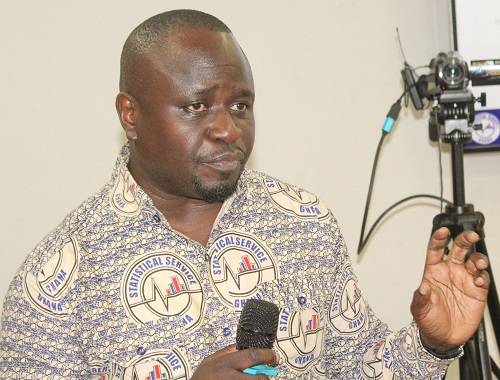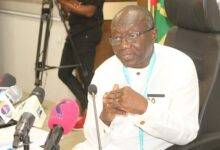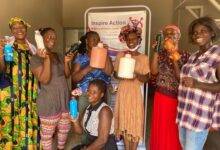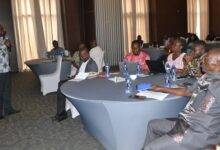
The United Nations Population Fund (UNFPA) has urged the government to introduce laws and policies to protect marginalised groups and further bridge the existing gender equality gap in the country.
According to the UNFPA women and girls make up 49.7 per cent of the global population, however, their desires for their lives, families and careers were often ignored in discussions on demographics and rights violated in population policies.
This was contained in a statement copied to the Ghanaian Times in Accra yesterday.
Commemorated on the theme “Unleashing the power of gender equality to spur national development”, it is celebrated globally on July 11 each year to bring attention to pertinent issues faced by people in the world.
“The result is a world that excludes, marginalises and limits the potential of every other person on the planet – a problem that will prevent all of us, not just women and girls, from experiencing a more prosperous, peaceful and sustainable future,” the statement said.
As part of this year’s commemoration, the UNFPA launched this year’s edition of its flagship State of the World Population (SWOP) Report to guide policy-making, advocacy, programming, research, monitoring and evaluation of the world’s development agenda.
Dubbed “8 billion lives, infinite possibilities, the case for rights and choices” it further provided an in-depth analysis of the demographic trends affecting sustainable development worldwide.
The report also explores the possibilities that eight billion people offer the world and examines the challenges that must be overcome to achieve this demographic dividend, including the need for a holistic sexual and reproductive health services, investments in education, job training, and gender equality.
“The growth of the global population has also been in sync with the increase in Ghana’s population growth from about 24 million people in 2010 to about 32 million people following the first digital population census by the Ghana Statistical Service which UNFPA supported in 2021,” parts of the statements read.
The statement further urged the government to invest in the health and education of young people, adolescents and provide them with opportunities for decent work so that they can contribute to economic growth.
BY TIMES REPORTER







